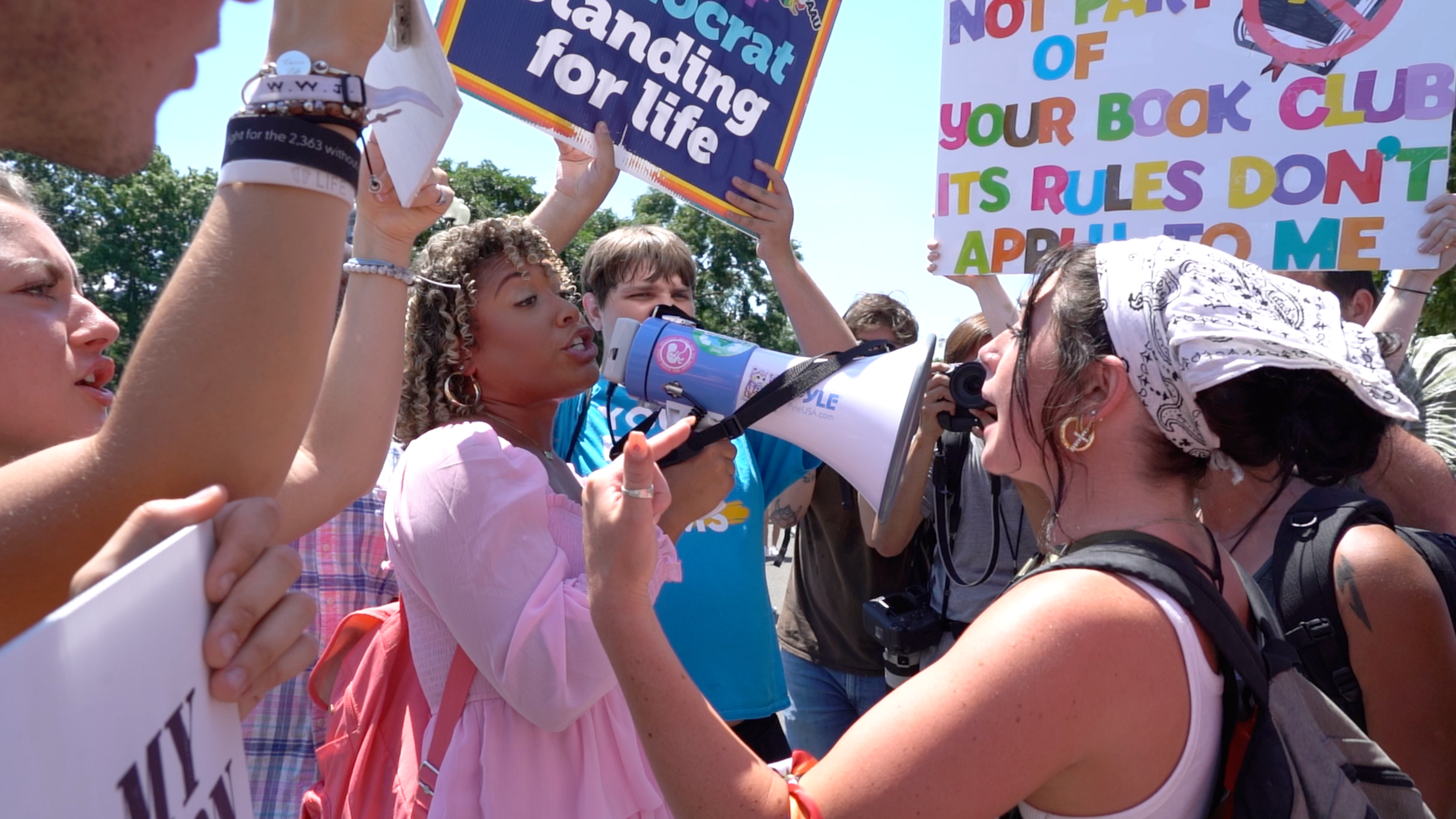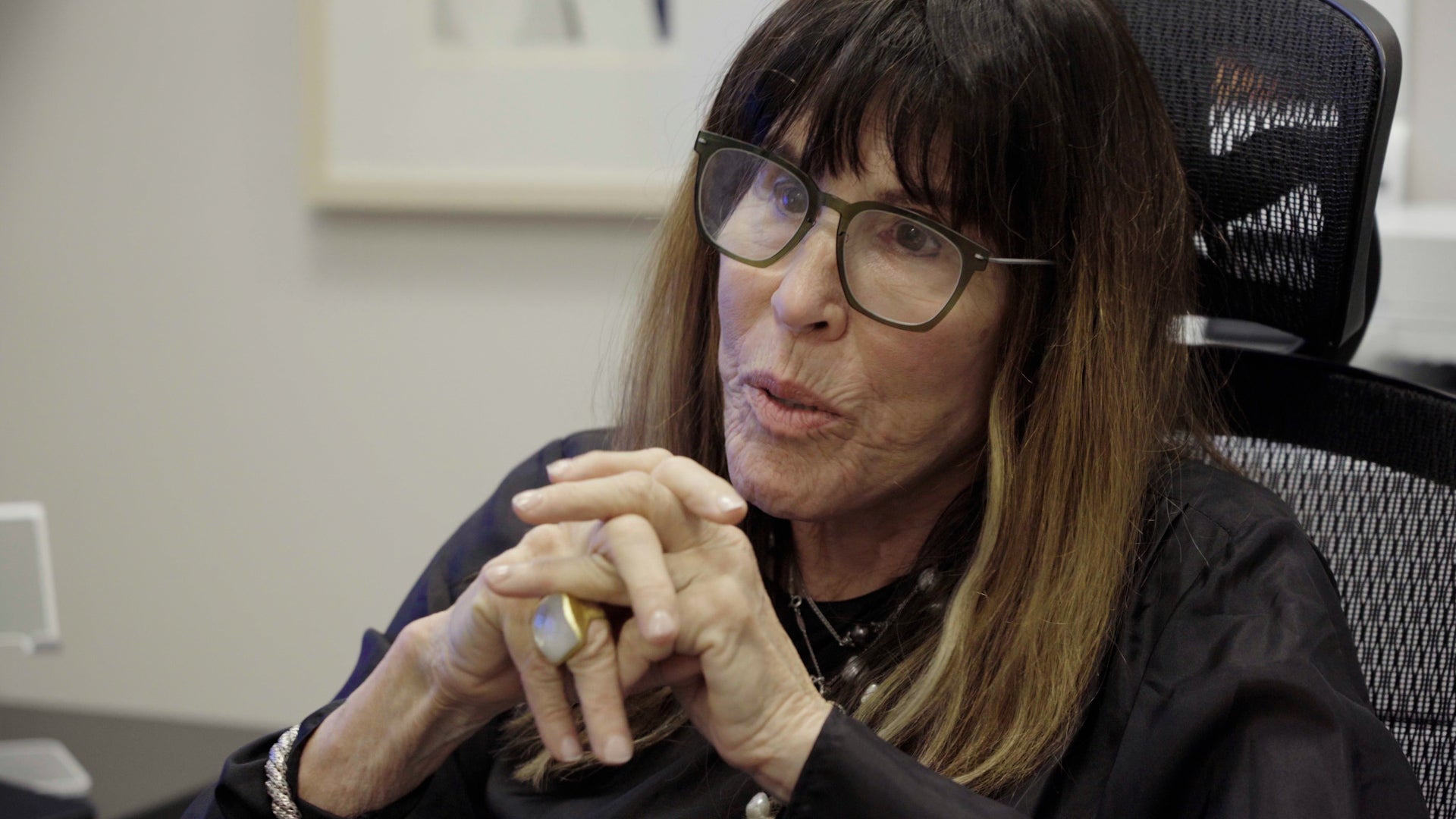Healthcare advocates have warned of the deadly impact of nationwide restrictions on abortion, amid concerns that the Trump administration will criminalize the distribution of medical equipment used in the procedure and roll back access to abortion pills by mail.
Speaking at the New York screening of The A-Word, The Independent’s new documentary on abortion, leading reproductive rights lawyers and healthcare providers described the far-reaching repercussions of wider restrictions expected to be imposed under incoming president Donald Trump. These could have an impact on doctors, hospitals, emergency rooms, and miscarriage care, they explained.
They also highlighted the difficulty of tracking the deadly impact of these restrictions, due to a lack of data on maternal mortality rates. Since the 2022 Dobbs v Jackson decision ended the national right to abortion, some states have disbanded their maternal mortality review committees, the experts said. Others, like Texas, have reportedly ruled that they will “skip” collecting data from 2022 to 2024.
“We are very concerned about what is going to happen. We fear the administrative rules the incoming administration and state legislatures may enact,” said Linda Goldstein, senior counsel at the Center for Reproductive Rights (CRR), an award-winning global legal advocacy organization that has filed dozens of lawsuits challenging abortion bans across the country.
Speaking after the screening of the film, which she described as offering a vital and “holistic” look at the issue, Goldstein pointed out that while the president-elect has repeatedly stated that he would not impose a federal abortion ban, other legislative measures could have a similar effect. Trump has previously said it should be “up to the states” to decide on restrictions, though his incoming vice-president, JD Vance, has said in the past that he was open to a federal ban.
“We’re concerned about the possibility that the Food and Drug Administration will roll back rules on medication abortion, requiring in-person dispensing of the drugs. This would eliminate the possibility of medication abortion by mail,” Goldstein continued.
She also raised concerns about the potential criminal enforcement of the Comstock Act, which could criminalize the distribution of medical equipment used for reproductive care.
“This would affect, say, doctors in New York, [abortion] clinics, hospital emergency rooms, miscarriage care, and the treatment of postpartum hemorrhages,” she said.

Goldstein praised The A-Word — which chronicles the stories of women who nearly died due to abortion restrictions and were involved in related court cases — saying it was a “very important” and “holistic” portrayal of the issue. The documentary premiered just weeks before Trump’s inauguration.
“It’s vital to have films like this to create awareness that abortion is healthcare, something many people don’t fully understand,” she added.
The Independent screened the feature-length documentary The A-Word at Soho House in New York last week. In attendance were medical professionals involved in landmark lawsuits challenging some of the country’s strictest restrictions, as well as lawyers spearheading those cases, and representatives from reproductive advocacy groups.
Hailed by CNN and PBS as “an unflinching look” at the reproductive rights crisis in America, the film has been described as incredibly moving and powerful, “essential viewing”, and a “spark of energy” at a bleak moment.
Sara Pequeno from USA Today, who attended the screening, called it “impactful and so personal,” adding that as someone from the southern U.S., where most of the bans are in place, “it’s really hard to hear the voices of these women.”
Jessica Washington from The Intercept also praised the documentary, calling it a “very important” collection of testimonies at a time when there are very real concerns about mechanisms being put in place that would in effect ban abortion “on a very large scale nationally.”
“I think it’s very important for people to see first-hand,” she added.

Merle Hoffman — who is the founder of Choices Medical Center, one of the oldest abortion clinics in the U.S., as well as an award-winning author and a veteran reproductive rights advocate — called the film “one of the most authentic, transparent, honest, and moving depictions of what these bans and this political moment mean for individual women.”
She described the current situation in the U.S. as a “generational struggle for freedom and autonomy” affecting more than half of the country’s population, and warned that the anti-abortion movement was likely to spread beyond the U.S.
“Other countries with authoritarian tendencies will look at what’s happening here and think, ‘If they can do this in the United States, we can too.’ The U.S. has always been a leader in this field, and some will definitely follow,” Hoffman said.

At the premiere, Dr. Joseph Ottolenghi, the medical director at Choices, expressed concern over the lack of maternal mortality data since 2020 — data that could shed light on the impact of abortion bans.
“We’ve already seen Georgia completely disband their entire maternal mortality review committee,” he noted, adding that Idaho has had to deal with a backlog of data from the same period. CRR’s Goldstein pointed out that the committee in Texas ruled at the end of last year that it would not review maternal mortality data from 2022 to 2024.
“Essentially, we’re hiding the numbers,” Dr. Ottolenghi added. “We’re not going to know how many women are dying because of these abortion bans.”
Dr. Laura Andreson, an Ob-Gyn and a plaintiff in a lawsuit challenging the ban in Tennessee, warned that anti-abortion lobbyists are trying to push through further restrictions at a state level, including measures to prevent people from helping others travel to states where abortion is legal.

“This goes beyond abortion care. It’s about restricting every step leading up to it,” she said during a Q&A session after the documentary. “We continue to see a lot of legislative energy working against any kind of exceptions. The big ones are for rape, incest, and fetal anomalies,” she explained.
She added that there were also efforts to enforce rules that would block the shipment of medication into states for early abortions — something that was already affecting her medical colleagues. “If access to such medications becomes restricted, it will impact maternal healthcare far beyond abortion care.”
Dr. Andreson said the film was a “spark of energy” at a bleak moment post-election. “The film was amazing. These little sparks of energy, I think, are what are what is going to change things.”







